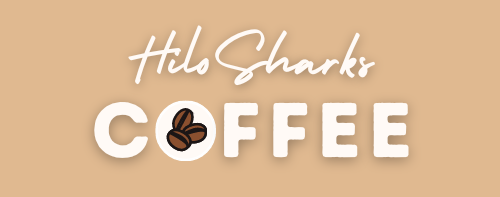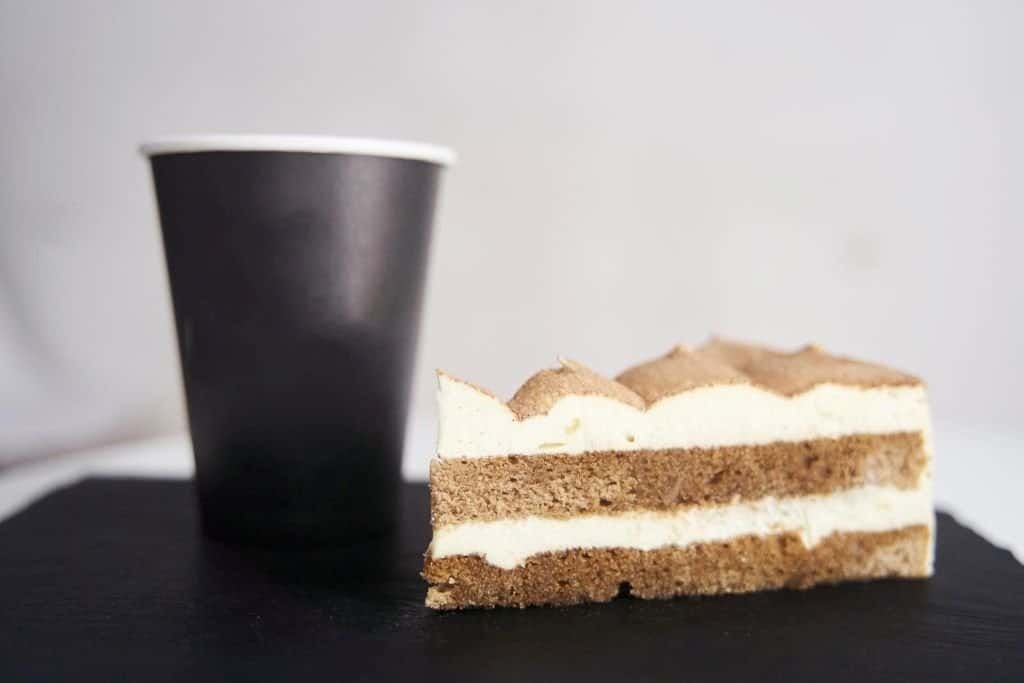Coffee is one of the most popular beverages in the world, and for good reason. It provides a much-needed energy boost and has a delicious flavor that many people can’t get enough of. But have you ever noticed that sometimes your coffee tastes like chocolate?
You’re not alone! This odd phenomenon is experienced and questioned by many. There are a few different reasons why your coffee could taste like chocolate.
Key Takeaway 💭
Coffee and chocolate share similar flavor compounds, and the roasting process can intensify these notes in your morning brew.
The Roast Level
One of the main reasons coffee can taste like chocolate is the roast level of the beans. When coffee beans are roasted, they undergo a chemical process that breaks down complex sugars into simpler ones. These simpler sugars then caramelize and create new flavors.
Darker roasted beans tend to have more caramelized sugars, giving them a chocolatey flavor. However, it’s not just about the roast level but also how evenly the beans are roasted. Uneven roasting can lead to some parts of the bean being underdeveloped and others being overdeveloped, resulting in a range of flavors, including chocolate.
Origin of the Beans

Another factor that affects whether your coffee tastes like chocolate is where the beans come from. Certain regions produce coffee with natural cocoa notes, such as Brazil and Colombia. These coffees tend to have a lower acidity and a heavier body, contributing to their chocolatey flavor.
However, it’s important to note that not all coffees from these regions will taste like chocolate. The specific variety of beans and how it’s processed also play a role in determining their flavor profile.
Methylpyrazine
Methylpyrazine is a chemical compound that is naturally found in both coffee and chocolate. It is responsible for their unique aromas and flavors.
In coffee, methylpyrazine levels can vary depending on the roast level of the beans. Darker roasted beans tend to have higher levels of this compound which contributes to their stronger nutty, earthy, and roasted flavors.
In chocolate, methylpyrazine levels can vary depending on the type of chocolate, with darker chocolates having higher levels than milk or white chocolates. Like in coffee, methylpyrazine contributes to chocolate’s nutty and earthy flavors that we all know and love.
Other Factors
While roast level and origin are two major factors in determining whether your coffee tastes like chocolate, there are other factors at play as well.
Adding cacao powder or extract to your coffee can give it a more chocolaty flavor because cacao powder contains compounds that give it a similar flavor profile to coffee. Additionally, adding sugar or creamer can enhance certain aspects of your coffee’s natural flavors.
Conclusion
In conclusion, your coffee might taste like chocolate for several reasons, including roast level, origin, methylpyrazine, and even additives such as cacao powder or sugar. While not all coffees will have a chocolaty flavor profile, experimenting with different roasts and origins can help you find one that does.
So next time you take a sip of your morning cup of joe and notice hints of cocoa or caramelized sugar, know there’s science behind it! Enjoy every sip, knowing your taste buds are experiencing something special.




